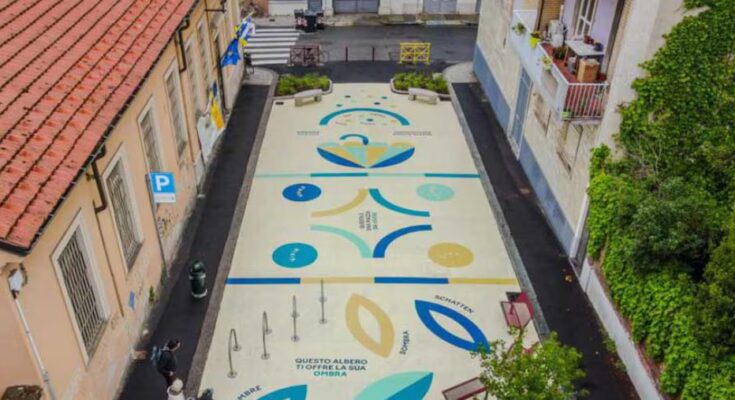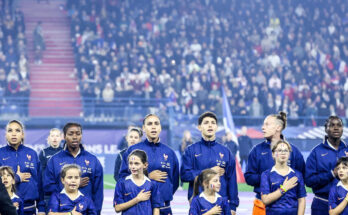Issues related to cycling and slow mobility safety have returned to the political debate agenda in recent days, both at local and national levels. This shows how important these issues are for the future of cities. Frequent accidents involving cyclists and pedestrians as well as heated discussions regarding individual infrastructure choices or speed restrictions reopen reflections on urban planning choices and, although divisions are too often caused by excessive polemics and ideological choices, contribute to sparking debates regarding urban mobility within the logic of development and sustainability.
An important signal in this regard came from the Urban Award where, for the first time in its history, its podium was entirely occupied by three major cities. The awards, promoted by Anci with the aim of promoting the best sustainable mobility practices in Italian cities, placed Turin at the top of the ranking, followed by Florence and Rome.
With these choices, this year’s Urban Award reflects a real seasonal change: the surge in applications from major cities shows that sustainable urban mobility has now become a transversal priority, capable of bringing together planning, technology, education and quality of life.
In fact, Turin, Florence, and Rome show that even in Italy’s metropolitan cities, which are often considered too complex and immobile, speed changes can be made to reduce traffic, improve air quality, and give people space back through concrete, beneficial, and well-coordinated public policies. Mileage incentives, university bike lanes, regulations on shared mobility, digital bonuses, pedestrianization and urban regeneration: these are just some of the measures that have allowed the three major Italian capitals to climb the podium of sustainability in the logic of multimodal integration of mobility at the service of society and quality of life.
Therefore, the jury wanted to reward not only technical and infrastructure innovation, but also real impact on behavior, involvement of local communities, policy coherence and the ability to create a system between public transport, cycling, incentives and regeneration. In addition to the three winners, there are two special awards: Palermo, another large city experimenting with an original model based on games, schools and public spaces that was awarded by sponsor Intesa Sanpaolo, and Noceto, the only small city awarded, which has made soft mobility a stable and participatory good practice, rooted over time.



